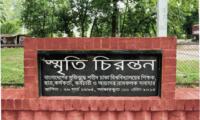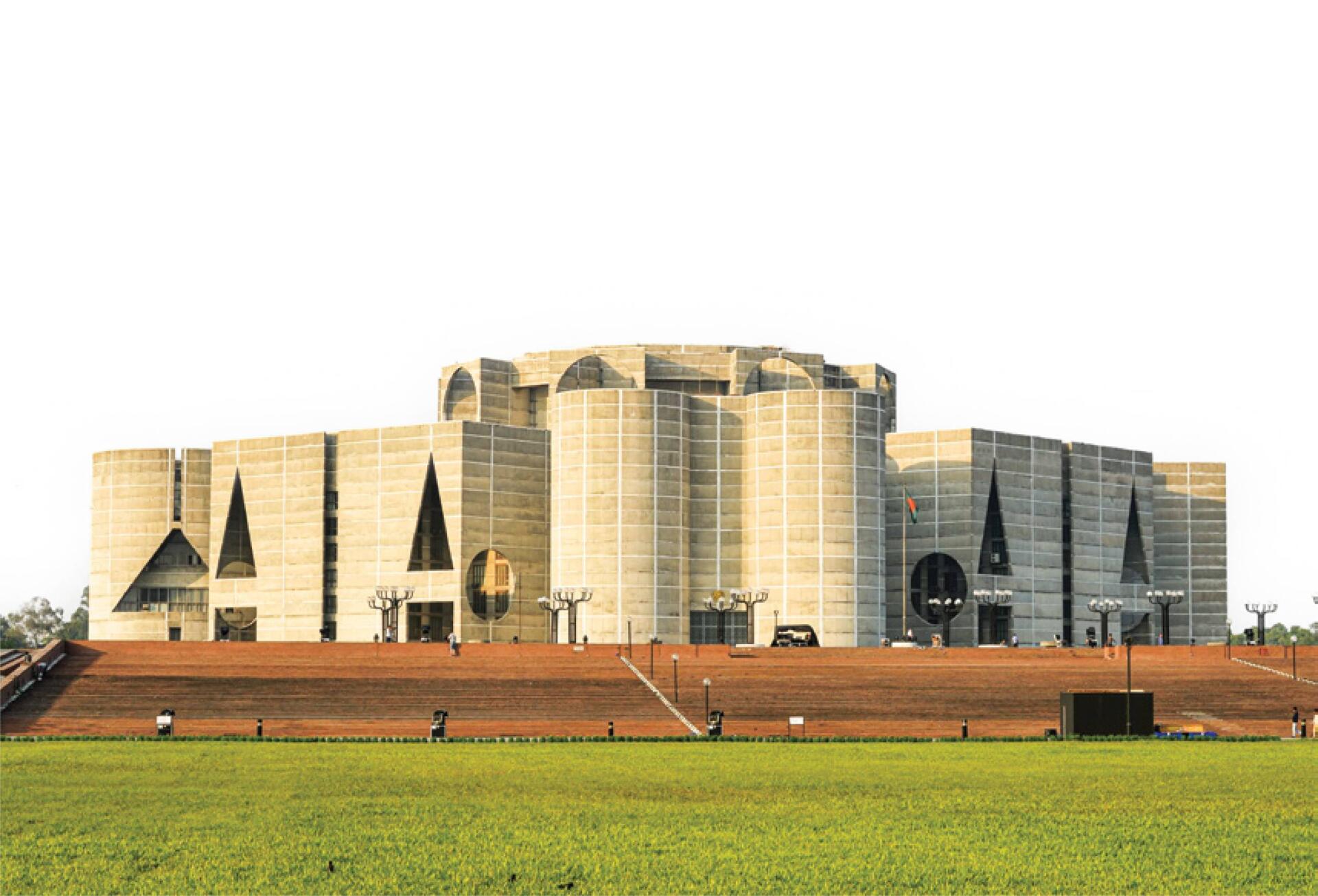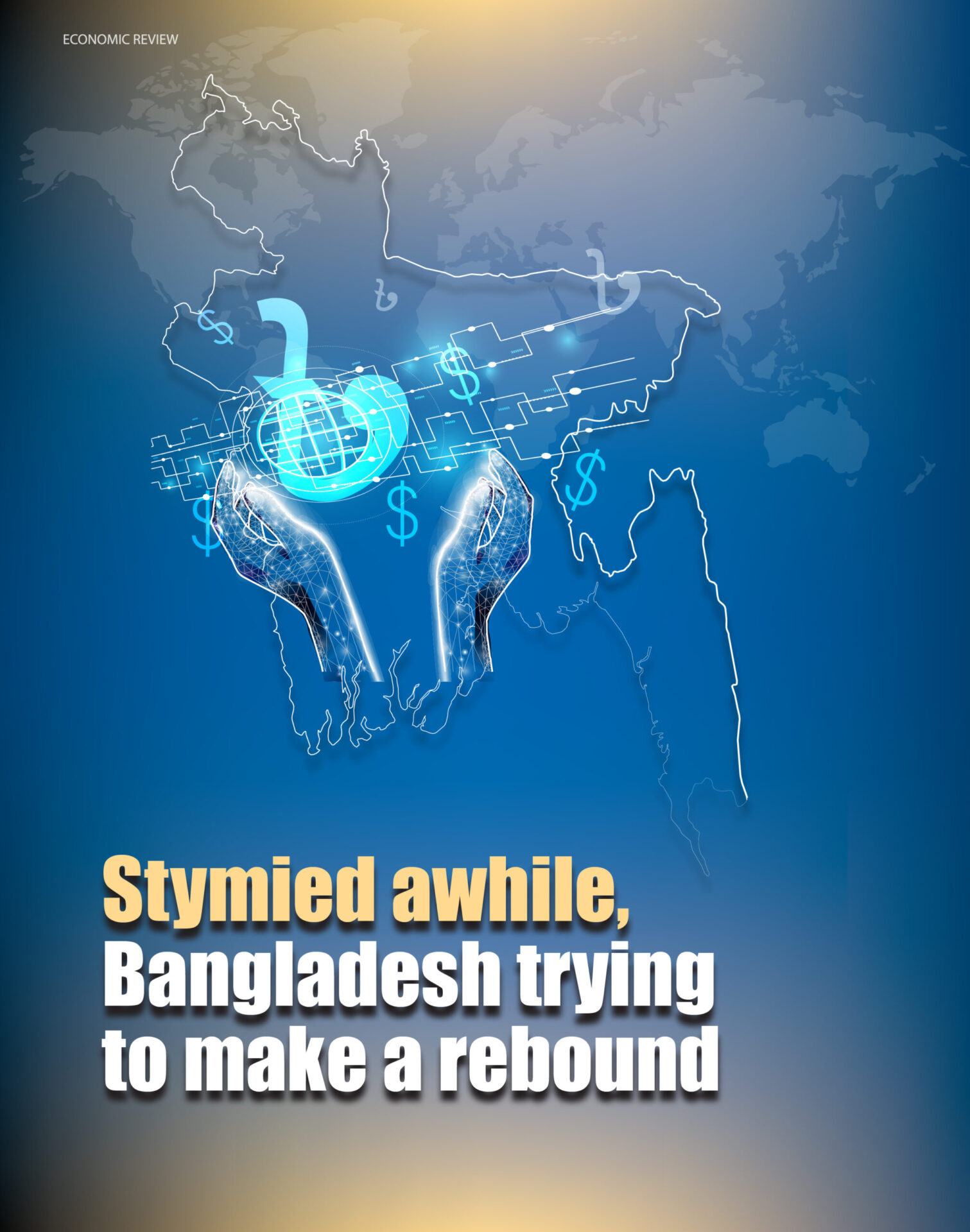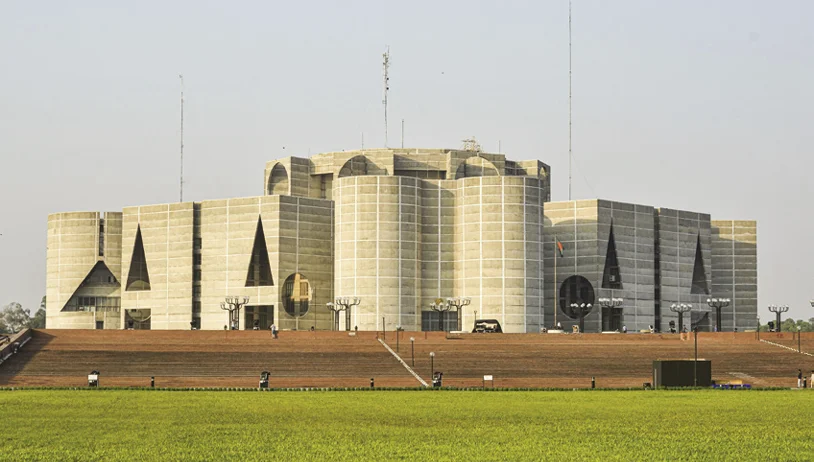
Import dependency in energy sector increasing foreign exchange crisis
One persistent issue that continues to affect the Bangladesh’s economic landscape is inflation. Inflation, the rising cost of goods and services over time, poses a significant challenge to both low-income households and industries alike. Recent data from the Bangladesh Bureau of Statistics (BBS) paints a grim picture: Food inflation has rocketed to 12.54 per cent, its highest in 11 years, pushing countless households into financial uncertainty. Concurrently, Bangladesh’s foreign currency reserves have plummeted $1.62 billion within 20 days, a staggering decline from $23.06 billion foreign exchange reserves recorded at the end of August. Fueled by a decline in remittances, stagnant exports and increased import pressures, these economic tremors have created certain economic uncertainties.

Understanding Inflation Before examining the effects of inflation, it’s crucial to understand the factors driving it. In Bangladesh, inflation is now driven by cost-push factors such as increased producer spending and rising electricity and gas prices, particularly fuel oil, transport and also corruption cost with volatile exchange rates and dollar crisis. In recent years, Bangladesh has experienced an upward trend in inflation rates, affecting the lives of millions.
Disproportionate Impact on Low, Fixed-Income Groups
Almost all people of limited income and lower middle class, middle-class families are bearing the brunt of the pinching inflation as their earnings often fail to keep pace with rising prices. These households find it increasingly challenging to afford basic necessities. The burden of inflation extends to housing, education, healthcare, and transport. High inflation has been prevailing in the country for a long time. However, the situation has worsened in recent times, as shows government statistics. Another major problem with the inflation is worker unrest. This in turn increases the pressure on the wages of the workers and consequently increases the cost of production. Which increases the price of the product and ultimately reduces the demand.
Surging Food Inflation 11-Year High
The Bangladesh Bureau of Statistics issued an inflation update on September 11, revealing that fo od inflation had surpassed 12.5 per cent. The BBS data indicated that food inflation reached 12.54 per cent in August. The last time food price inflation had risen to such height was in January 2012 when it reached 12.73 per cent. Notably, food inflation entered double digits for the first time in a decade in August of the previous year, according to BBS and Bangladesh Bank data. In BBS’ calculations, headline inflation climbed to 9.92 per cent in August, marking a shift from two consecutive months of decline. This places the inflation rate on the brink of touching 10 per cent. In July, the food inflation stood at 9.76 per cent but surged to 12.54 per cent in August. Non-food sector inflation in August was recorded at 9.92 per cent in the month.
od inflation had surpassed 12.5 per cent. The BBS data indicated that food inflation reached 12.54 per cent in August. The last time food price inflation had risen to such height was in January 2012 when it reached 12.73 per cent. Notably, food inflation entered double digits for the first time in a decade in August of the previous year, according to BBS and Bangladesh Bank data. In BBS’ calculations, headline inflation climbed to 9.92 per cent in August, marking a shift from two consecutive months of decline. This places the inflation rate on the brink of touching 10 per cent. In July, the food inflation stood at 9.76 per cent but surged to 12.54 per cent in August. Non-food sector inflation in August was recorded at 9.92 per cent in the month.
Is Bangladesh’s Foreign Currency Reserve in Jeopardy?
Bangladesh’s foreign currency reserves continue to face pressure, due primarily to the central bank’s dollar sales to cover essential imports. A decline in remittances has further strained the Bangladesh Bank’s reserves, which dropped $1.62 billion within the last 20 days, as reported on September 21. This decline is notable considering the reserves were over $23.06 billion as of August 31, now decreased to $21.45 billion. During this period, a significant payment of $1.31 billion to the Asian Clearing Union (ACU) for July-August imports played a role in diminishing the reserves. Additionally, a 13 per cent decrease in remittances over July-August, along with the necessity of providing dollars to commercial banks for loan settlements and import bills, has impacted the reserves. The central bank regularly sells dollars to various commercial banks to meet diverse expenses, particularly import costs. Moreover, a part of the foreign currency earned from exports and remittances directly contributes to the reserves. Foreign loans also directly bolster the reserves. However, the recent drop of $1.62 billion in foreign currency reserves can be attributed to these combined factors.

How ceramic sector affected by higher inflation?
The ceramic sector is grappling with significant challenges due to rising inflation and fluctuations in the exchange rate. Being an actively involved participant in international trade, Bangladesh’s economy is intricately linked with exchange rates, influencing economic activities and inflation by altering the prices of domestically produced goods and services. In the ceramics industry, a substantial portion of raw materials required for production is imported, necessitating heavy reliance on foreign currency. The Bangladeshi Taka has depreciated by 30 per cent against the US dollar since the last quarter of 2021, escalating material costs for the ceramics industry and directly impacting operational expenses. Furthermore, Bangladesh faces a local annual inflation rate more than 10 per cent, compounding challenges for the ceramics business. Increasing costs of imported raw materials, combined with domestic inflation, higher electricity and fuel price, transportation costs, high interest and exchange rate, pose significant hurdles to the sector’s profitability and sustainability. Additional pressures come from a recent 126 per cent increase in gas prices and gas rationing. But it has not been possible to adjust the price of the finished product accordingly. Various disruptions, including raw material price rise, global recession risks, shortages in raw materials and logistics capacities, global labour scarcity, and energy shortages, have disrupted the entire supply chain. Consequently, ceramic industry production has been severely affected.

Md. Mamunur Rashid FCMA
Senior Vice President, BCMEA
Additional Managing Director X-Index Companies
In the light of these challenges, Md. Mamunur Rashid, Senior Vice President of BCMEA and Additional Managing Director of X-Index Companies, suggests that the government should encourage foreign direct investments in the industry in economic zones. He recommends continuing tax holidays for a minimum of five years to support the sector. Additionally, he advocates measures against unfair trade practices such as under-invoicing of imported tiles to safeguard the interests of entrepreneurs in the ceramic industry. Mr Mamun emphasises the need for research and development efforts to economise on energy costs and calls for appropriate and adequate training programmes to develop a skilled labour pool in the sector. These measures are crucial to sustaining the ceramic industry in Bangladesh amid these challenging economic conditions, he added.
Md Mezbaul Haque
Executive Director and Spokesperson Bangladesh Bank

Md Mezbaul Haque, Executive Director and spokesperson for the Bangladesh Bank, acknowledges that the current rate of inflation is high and unexpected, harming the domestic businesses in the country. He says that the recent actions taken to raise interest rates in banks could contribute to alleviating the rapidly increasing inflation rate, as it is expected to result in decreased domestic borrowing.He thinks increasing bank interest rates could potentially aid in curbing the escalating inflation rate, as it is likely to lead to a reduction in domestic borrowing. “If we manage to control the demand side, we can expect inflation to decrease,” he observes. Mr Haque expresses optimism that inflation might subside in the near future, attributing this potential outcome to the Bangladesh Bank’s alignment with monetary policy. The problem of inflation in Bangladesh is that it is not demand-driven, but cost-driven. So, raising interest rates without cost reduction measures is likely to further provoke the inflation.
Dr. Mustafizur Rahman Distinguished Fellow Centre for Policy Dialogue (CPD)
Can Rising Inflation be Overcome with Strategic Economic Measures? Dr. Mustafizur Rahman, a Distinguished Fellow at the Centre for Policy Dialogue (CPD), emphasises that combating the current surge in inflation demands comprehensive, medium-term strategies. He stresses on the pivotal role of businesses in enhancing productivity and efficiency through the strategic use of technological tools, ultimately reducing their per-unit costs. Dr. Mustafiz underscores the significance of effective macro economic management as a key solution to alleviating inflationary pressure. Additionally, he urges the government to prioritise reducing the overall cost of doing business, which includes addressing issues like bribery and corruption in ports and other institutions. The noted economist acknowledges the presence of inflationary expectations, contributing to the escalation of the inflation rate. However, he cautions that the base inflation might not see a substantial reduction. In terms of economic policies, Dr Mustafiz recommends that the National Board of Revenue (NBR) take proactive measures, such as reducing or rationalising customs duties, especially given the current economic context. He stresses the need for the NBR to focus on generating direct taxes and mobilising domestic resources with the help of the digitisation of the taxation system. He puts emphasis on implementing mid-term plans to alleviate inflationary pressure and reduce production costs for businesses.
Written by Sajibur Rahman







